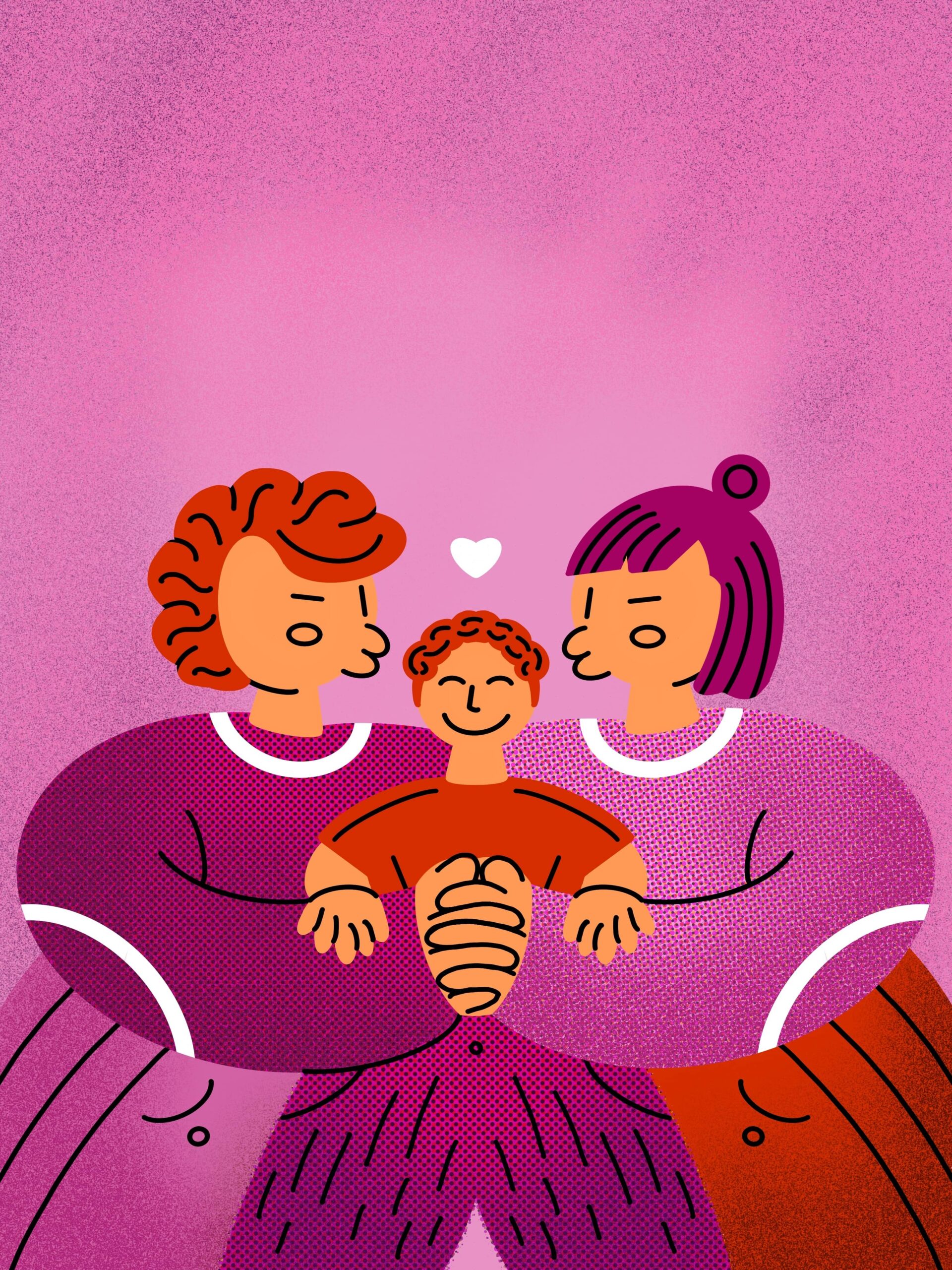
09 Feb Accepting My Queer Child’s Partner
All parents want the best for their children. Sometimes, though, what’s best for your child might be different from what you expected their life to look like. In a largely hetero-normative world, i.e. one where heterosexual relationships are normalized, you may not know how to react to your child’s queer relationship.
If your child identifies as an LGBTQIA+ individual and introduces you to their same-gender partner, here are few things you can do to accept and support their relationship.
With Your Child
Communicate with them
A queer person spends a long time in the closet because they are afraid of the stigma they will face when they come out to their families. This can lead to them feeling depressed or developing other mental health problems. Telling your child that you love them and accept them for who they are can help maintain their overall well-being and happiness. Let your child know that you’re glad they have found a loving partner.
Apologize for past mistakes
Everyone has a different journey to acceptance. While some parents may always have an inkling and may feel happy or relieved when their child comes out, others may need more time to process the situation. If you haven’t been the most supportive in the past, this is your second chance. Apologize to your child and make an earnest attempt to win their trust back.
Set rules and boundaries
Explain to your child what conversations you are ready to have and what your boundaries are. If your child is still living in your house, remind them of the house rules. Try to maintain the same rules that would apply if they were in heterosexual relationships. However, be open to discussions about changing some of these rules and meeting each other halfway.
With Your Child’s Partner:
Be respectful and welcoming
Meeting a partner’s parents can be nerve-racking. Try to help your child’s partner feel at ease. Use the name and pronouns they feel most comfortable with. If this is your first interaction with them, it’s okay to stick to neutral topics. Try to hold back from asking questions that are too invasive such as questions about their salary, mental health problems, or political ideologies. With time, you can get to know them better.
Listen with intention
When your child’s partner feels more comfortable, they may share their thoughts and feelings. Whether they want to talk about their plans for the future, or a situation that happened with them that day, the prospect for open discussion is endless. Be sure to pay attention when they talk.
Include them in family events
Often, same-gender relationships aren’t given the same respect and validity that heterosexual relationships are given. This can cause stress and leave both your child and their partner feeling depressed or unhappy. If your child has a serious and committed relationship with their same-gender partner, make sure invitations to family get-togethers and celebrations extend to their partner as well. Including them in weddings, birthdays, festivals are all great ways to help them feel like a part of the family.
With Yourself:
Sit with your feelings
You may have complicated feelings about your child being in a same-gender relationship – happiness, excitement, anger, guilt, sadness. You might also just have complicated feelings about your child being in a relationship, as it’s a sign of them growing up. Try to take time to sort through these feelings. If held inside, it can lead to an emotional outburst that can negatively affect you and lead to mental health problems. You can try talking to a therapist about what you are experiencing. Psychotherapy can help you better cope with your emotions.
Educate yourself
There may be a lot about the LGBTQIA+ community that you aren’t aware of. While you may have questions, and your child may be open to answering them, don’t put the emotional burden of educating you on your child. There are plenty of resources, both online and offline, which can help you learn more about the community. You can read blogs and articles, attend workshops, and even join support groups with other parents.
Stand up for your child
Being queer in a world where queerness is often stigmatized and discriminated against is difficult. Your child should be able to find a safe space at least at home. If you find that other family members, friends or neighbors are harassing your child, or being disrespectful and invalidating, stand up for your child. Let the other person know what they did will not be tolerated.
Relationships are hard work. But when you show empathy, understanding and respect, it can be easier to maintain the relationship you have with your child as well as forge a new relationship with their partner.
Should you need any help or assistance on this, please do feel free to reach out to us at https://mentalhealthatease.com/

No Comments